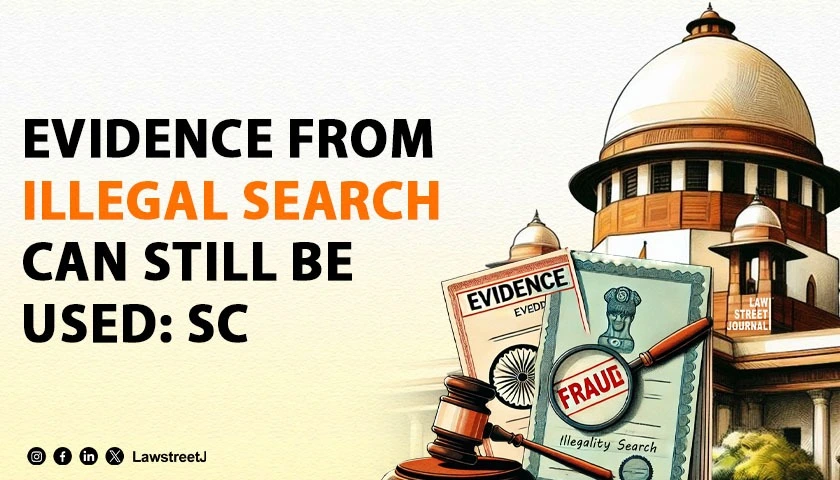5th May 2020: The Supreme Court on Tuesday held that cooperative banks established under a State law or multi-State level societies come within the ambit of the Securitisation and Reconstruction of Financial Assets and Enforcement of Security Interest (SARFAESI) Act of 2002.
A five Judge Constitution Bench which was headed by Justice Arun Mishra ruled that The Securitization and Reconstruction of Financial Assets and Enforcement of Security Act of 2002 (Sarfaesi Act) applies to cooperative banks as well. According to the judgment, cooperative banks come under the category of banks as defined under Section 2(1)(c) of the Sarfaesi Act, and the recovery procedures mentioned under that law apply to cooperative banks as well.
The bench, which also included Justices Indira Banerjee, Vineet Saran, M.R. Shah, and Aniruddha Bose, upheld the legislative power of the Parliament to bring cooperative banks under the ambit of the Sarfaesi Act. The bench also took note of a 28th January 2003 notification issued under the Banking Regulation Act, 1949, which tended to bring the cooperative banks under the class of banks under the concerned act.
As per the Sarfaesi Act, secured creditors are allowed to take the possession of the commodity of the borrower who fails to pay his dues within 60 days of demanding repayment. The 159-page unanimous judgment also stated that cooperative banks are bound by the provisions of the Banking Regulation Act, 1949, and all the other legislation applicable to banks under the RBI Act, 1934. As a result, cooperative banks will now have to comply with these rules.
According to an RBI report, there were 1,551 urban cooperative banks in the country as on 31 March 2018, and 96,612 rural cooperative banks as on 31 March 2017, with the latter accounting for 65.8% of the total asset size of all cooperative banks.
The recent crisis surrounding Punjab and Maharashtra Co-operative Bank Ltd and other such lenders exposed the openness of cooperative banks after the central bank superseded the lenders boards after uncovering several irregularities.
Recognizing that cooperative banks can have Sarfaesi rights should enable cooperatives to get better control over handling defaults and on the negotiation table with defaulters. It was an unnecessary handicap on an important part of the credit system, said Bikash Jhawar, partner, L&L Partners.
The Constitution bench decided on the issues after a series of conflicting decisions in earlier Supreme Court judgments of 2002 and 2007. The court was also approached to decide on Parliaments capability to amend the definition clause of the law to thereby add multi-state co-operative banks under the Sarfaesi Act.








